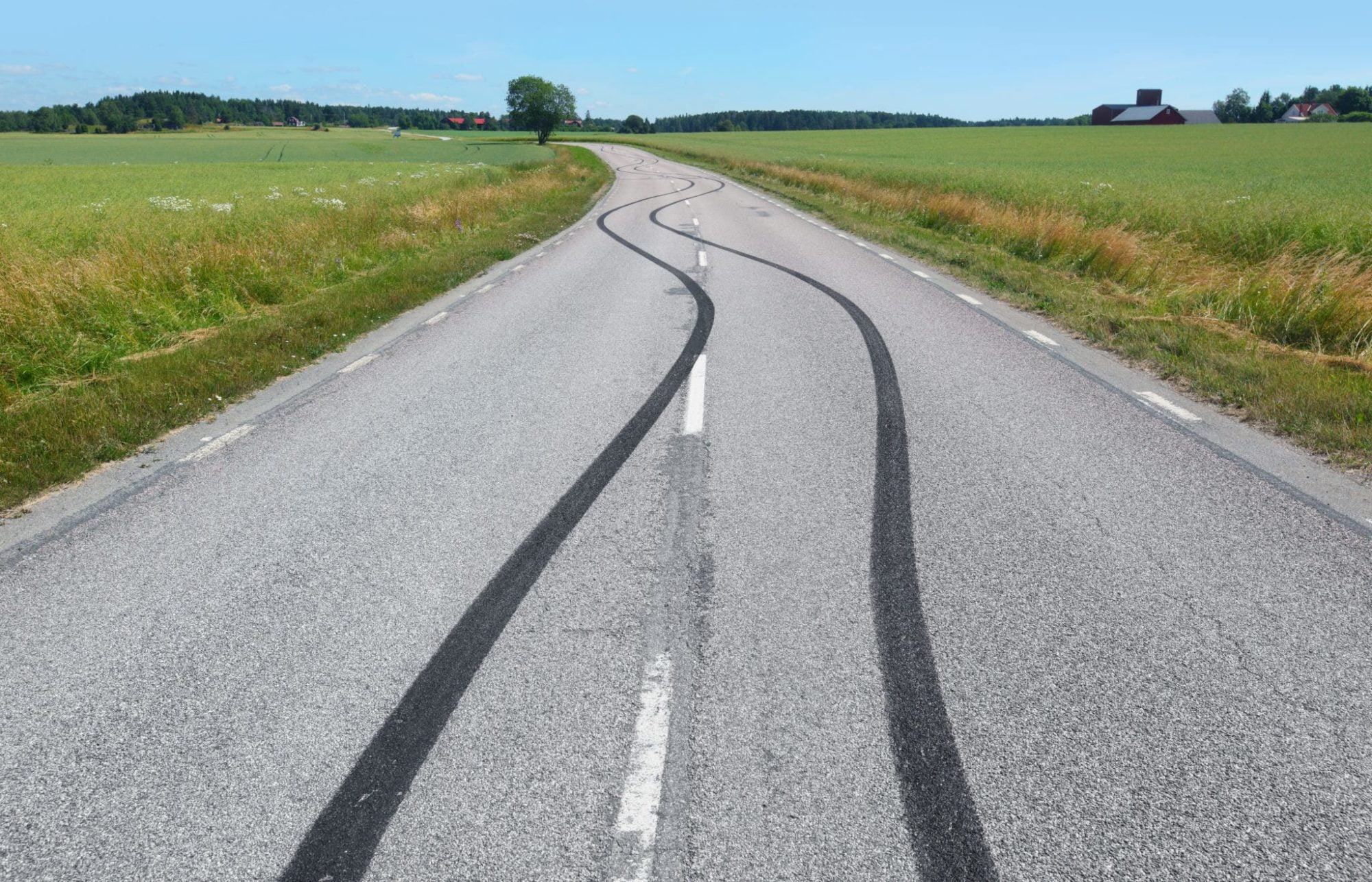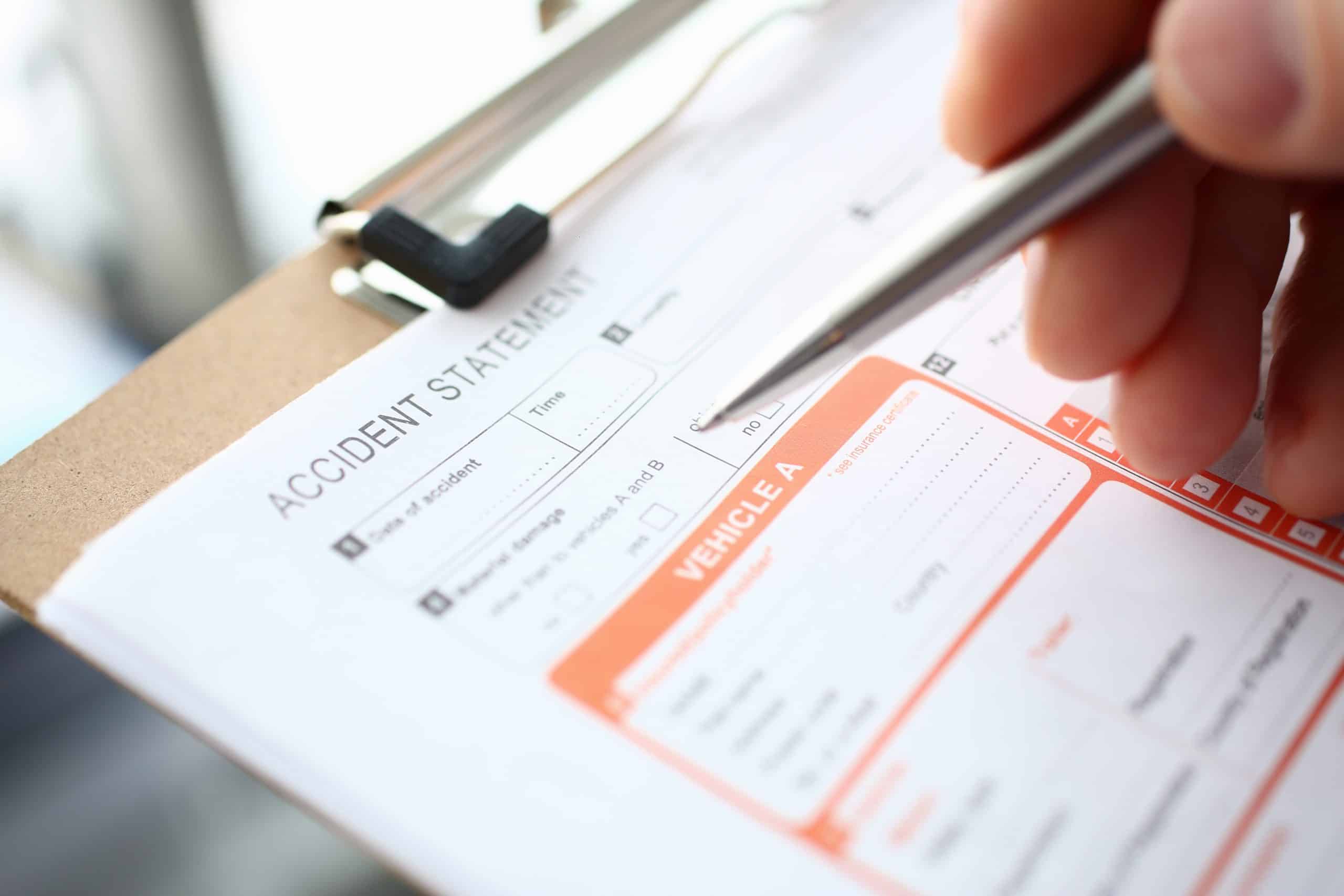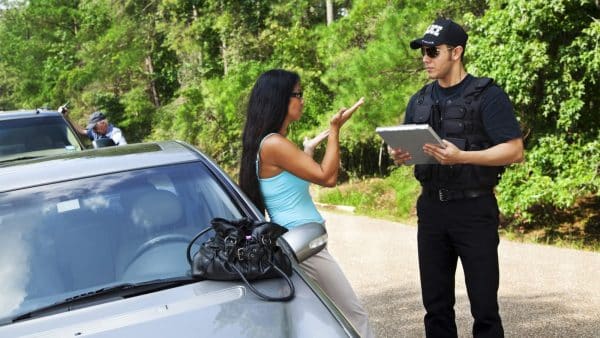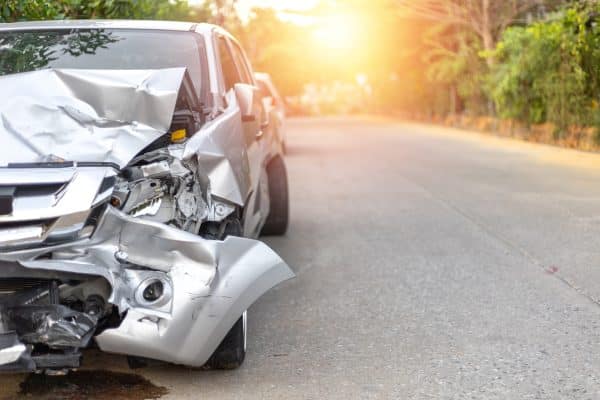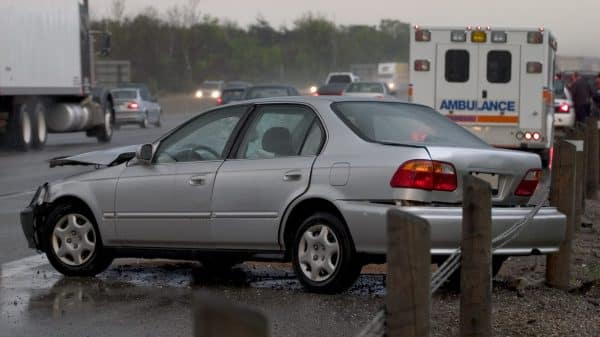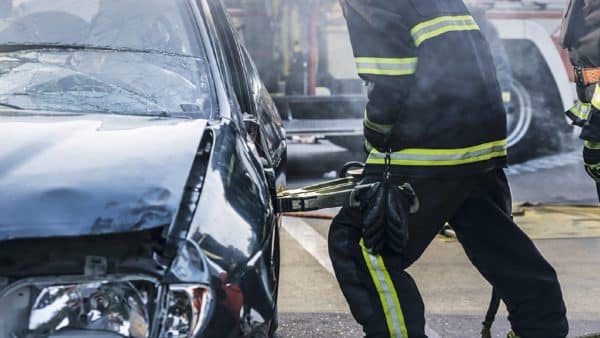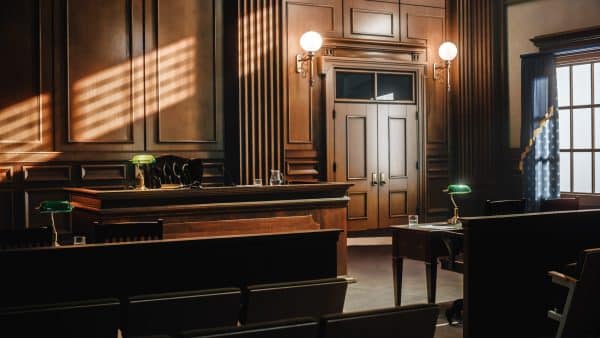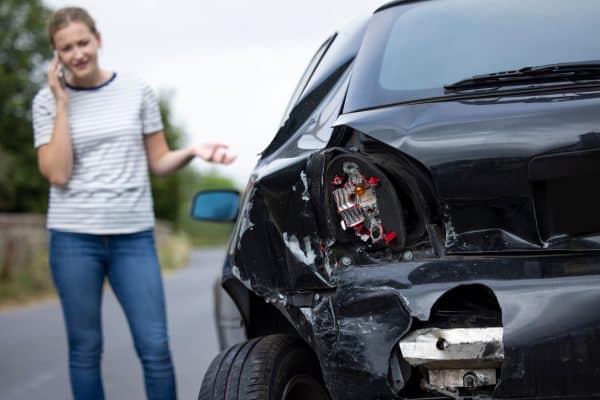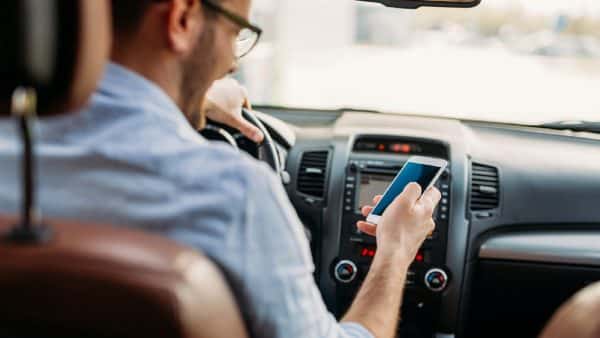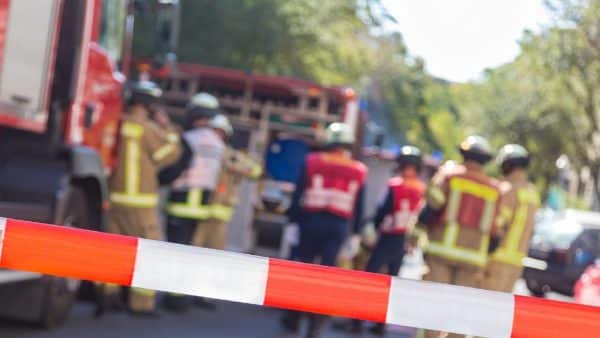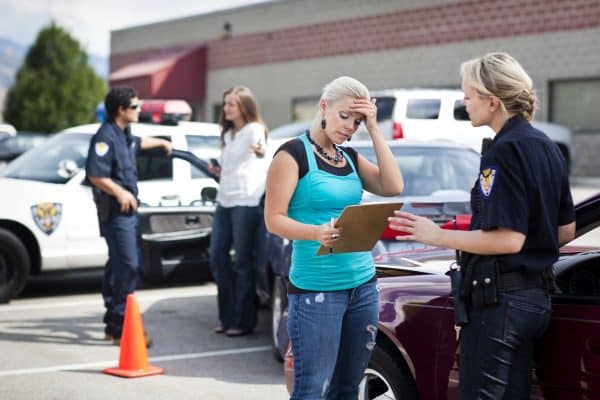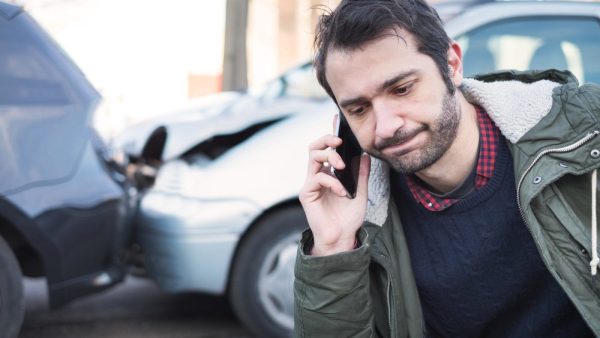When you’ve been in a car accident, it can be absolutely frightening, and it’s challenging to stay calm and think about what to do next with a clear mind. That, however, is the most important thing to do in those first critical moments after the incident. If you’ve been hurt, not only are the actions you take immediately after important in making sure everyone is safe, but they can also have an effect on the compensation you’re able to collect. Continue reading to learn what to do after an accident, how to keep a clear head, and how a Chattanooga car accident lawyer can help you seek the compensation you deserve.
1. Keep Calm and Call 911
The first thing to do after an accident is to call for help. Get first responders on the scene, including paramedics or EMTs and police. Make sure that everyone gets checked out, even if you don’t feel hurt. Also, file a police report. It won’t be admissible in court, but you will be able to use it to remember the details later.
2. Get off the Road
If your car is still able to be moved, get it off the road. If you can’t, make sure that everyone who can be moved gets out of the way of danger. If someone seems seriously injured, however, they should not be moved. Do what you can to make sure the danger is mitigated; if you have a road flare in your emergency kit, for example, it might be a good idea to light it up away from the accident.
3. Exchange Information
Talk with the other driver. Exchange contact information and insurance information. Talk with witnesses on-site and try to get their contact information if they are willing. Check to see if everyone’s okay, but never apologize to anyone for anything at the scene.
4. Document the Scene
If you can, snap photographs of the scene from different angles. Draw a diagram and make notes about exactly what happened in as much detail as you can. The more information you have handy about how the accident happened, the better off you’ll be.
5. Report the Incident
As soon as you get home, or the next morning at the latest, call your insurance company to report the accident. Do this even if it’s not your fault. Don’t editorialize when you are reporting it. Stick to the facts. You’re not trying to make a case right now; you’re just sticking to your insurance company’s policy on reporting incidents. The more you editorialize, the more likely you are to make a mistake on the facts that could impact your chance of receiving maximum compensation.
6. Don’t Sign Anything
When the other party’s insurance adjuster contacts you, remember that they’re not your friend, no matter how much they act like it. No matter how much they strong-arm or bully you, don’t sign off on an offer without sending them to your car wreck attorney.
7. Call an Experienced Chattanooga Car Accident Lawyer
After you do the above, immediately get in touch with a qualified Chattanooga car accident lawyer. The attorneys at the McMahan Law Firm are here to help you get compensated for the injuries you’ve suffered, your pain and suffering, and more. Give us a call at (423) 265-1100 or fill out our online form for a free case consultation today.

